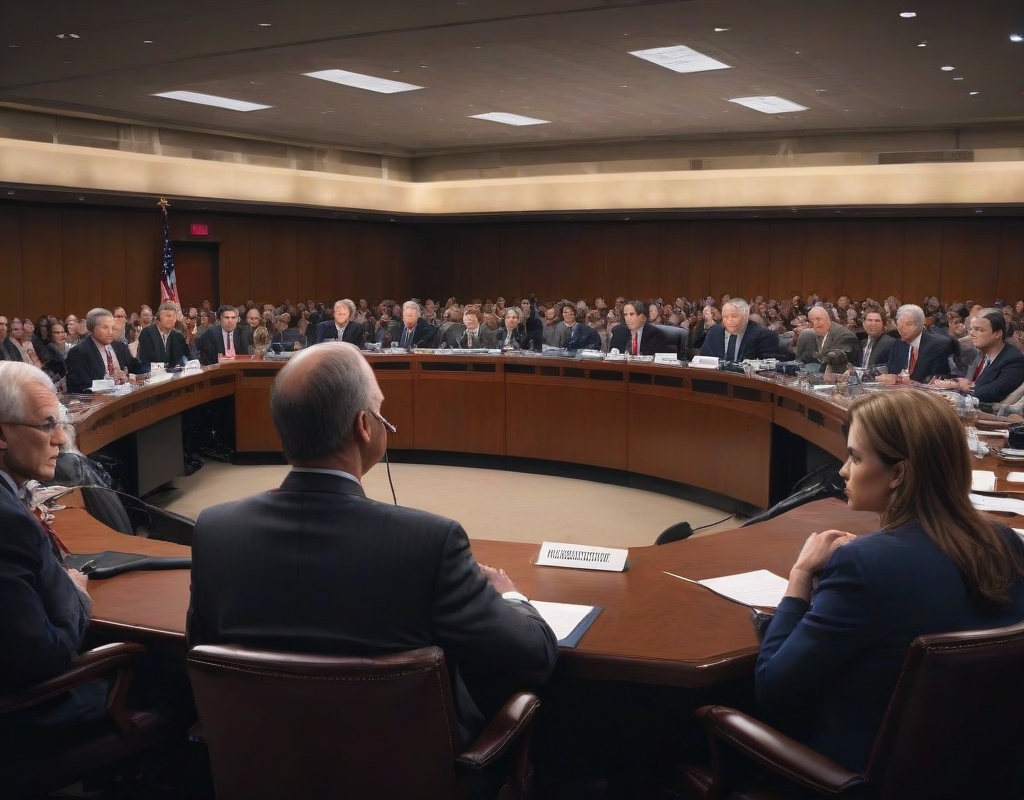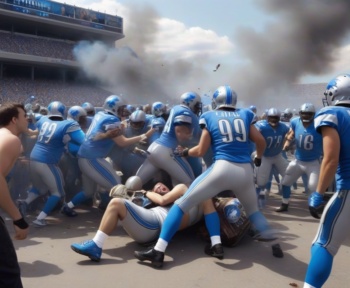At a congressional hearing in Washington D.C., allegations surfaced that Boeing had engaged in retaliation against employees who voiced safety concerns about its operations. During the session held on June 18, 2024, current and former staff members of Boeing provided firsthand accounts of facing adverse consequences after they highlighted safety flaws in the company’s aircraft.
One prominent whistleblower, a former senior engineer at Boeing, detailed how he faced demotion and subsequently lost his job after raising critical issues with the 737 Max model. He reported that the response from management was dismissive, downplaying his concerns and advising him to cease causing problems.
Similarly, another employee, who formerly managed quality control, recounted how her position was downgraded after she exposed manufacturing defects in the 787 Dreamliner. Her superiors accused her of being troublesome and disregarded her warnings as insignificant.
In its defense, Boeing maintained that it upholds a strong ethical stance and a firm policy against any form of retaliation towards whistleblowers. Despite these assertions, the tone at the hearing was one of skepticism towards Boeing’s commitment to these principles, with several legislators criticizing the company for not adequately safeguarding employees who bring forward safety allegations.
This hearing occurs against a backdrop of intense scrutiny of Boeing’s safety measures following two catastrophic incidents involving the 737 Max in 2018 and 2019, which collectively claimed the lives of 346 people. These incidents pointed to deeper issues in Boeing’s safety culture and led to the global grounding of the 737 Max aircraft for nearly two years, sparking numerous legal actions and probes into the company.
Moreover, the Federal Aviation Administration (FAA) also came under fire for its supposed leniency towards Boeing during the crisis. Several members of Congress voiced concerns over the FAA’s relationships with Boeing and questioned whether the agency effectively performed its regulatory duties.
The closing statements of the hearing called for enhanced clarity and accountability from both Boeing and the FAA, emphasizing the crucial role that whistleblizers play in maintaining safety standards. Lawmakers urged for more robust protections for those who step forward with genuine safety concerns, highlighting the essential nature of their contributions to public safety.
In conclusion, this congressional hearing spotlighted the challenges and retaliation faced by whistleblowers within Boeing, bringing attention to the pressing need for significant reforms in both corporate and regulatory practices to ensure the safety and integrity of aerospace operations.




